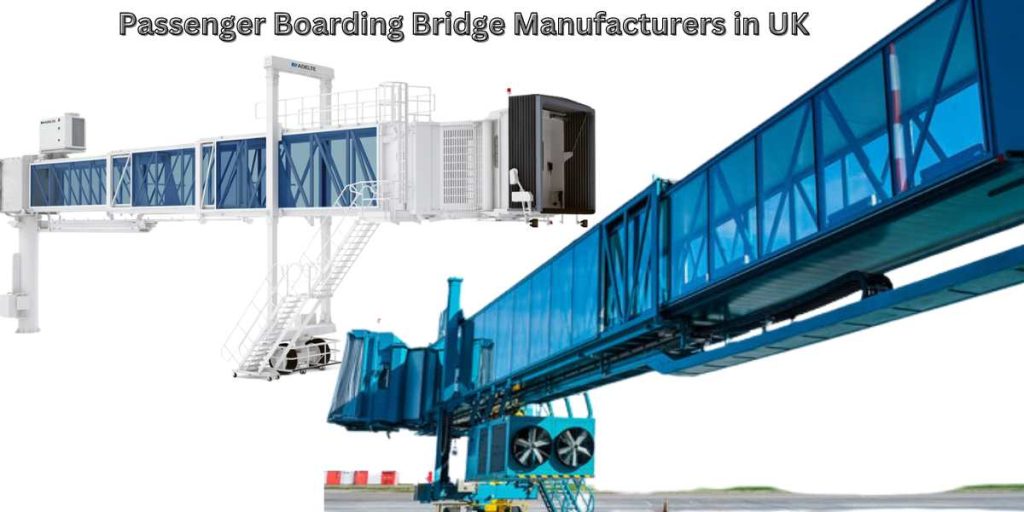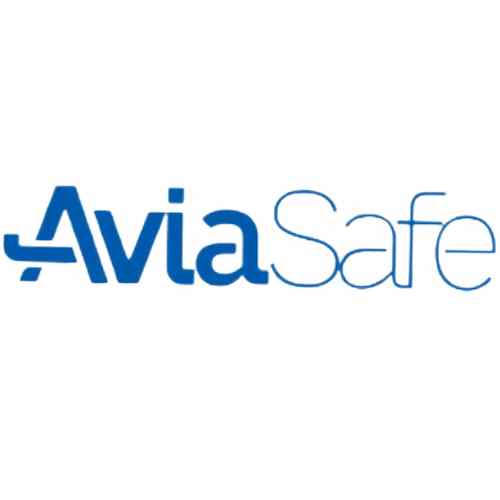Exploring Passenger Boarding Bridges in UK in 2025
The hustle and bustle of an airport is a symphony of coordinated chaos. Amidst the flurry of activity, a crucial, yet often overlooked, player stands tall: the passenger boarding bridge (PBB), also known as an airbridge or jet bridge. These marvels of engineering bridge the gap between the sterile comfort of the terminal and the metal behemoths that take us to distant lands. But PBBs are more than just passageways; they’re a testament to the UK’s thriving aviation industry and a glimpse into the future of air travel.

Exploring PBB Technology
Modern PBBs are marvels of engineering. Gone are the days of clunky, one-size-fits-all bridges. Today, we see a diverse range of PBB technologies, each catering to specific needs. Automated PBBs are revolutionizing boarding processes, streamlining passenger flow and reducing turnaround times. These marvels use sensors and automation to precisely position themselves against the aircraft, ensuring a smooth and efficient docking process.
For larger aircraft, like the majestic Airbus A380, triple-tunnel PBBs come into play. These behemoths boast three connected tunnels, allowing passengers to board all levels of the double-decker aircraft simultaneously. This innovation significantly reduces boarding times and enhances passenger comfort, especially for those with connecting flights.
UK Aviation Industry Trends in 2024
The UK aviation industry is a dynamic force, constantly adapting to evolving passenger needs and environmental concerns. In 2024, several key trends are shaping the PBB landscape:
- Sustainability: Eco-consciousness is at the forefront of PBB design. Manufacturers are focusing on sustainable passenger boarding bridges, incorporating energy-efficient materials and systems to reduce the environmental footprint of air travel.
- Passenger Experience: Airlines and airports are prioritizing passenger comfort and convenience. This translates to PBBs with improved lighting, better climate control, and potentially even interactive features that enhance the boarding experience.
A Glimpse into the Future
The future of air travel promises exciting possibilities, and PBBs are poised to play a pivotal role. Biometric boarding systems, seamlessly integrated with PBBs, could revolutionize the boarding process. Imagine a future where facial recognition or fingerprint scanning allows for a swift and secure boarding experience, eliminating the need for physical tickets.
Passenger Boarding Process Optimization
PBBs are just one piece of the puzzle when it comes to a smooth and efficient passenger journey. Here’s where airport terminal design plays a crucial role. Modern airports are moving away from congested layouts and embracing open spaces with intuitive signage. This, coupled with strategically placed PBBs, can significantly reduce passenger wait times and create a more stress-free travel experience.
Accessibility Features and Safety Regulations
Safety is paramount in the aviation industry. PBBs are subject to stringent safety regulations set by the UK Civil Aviation Authority (CAA). These regulations ensure the structural integrity of the bridges, the proper functioning of docking mechanisms, and the implementation of robust safety features.
Accessibility features on PBBs are also crucial. Ramps, wider walkways, and designated areas for wheelchairs and mobility scooters ensure that everyone can board comfortably and safely.
From Manufacturing Marvels to Passenger Touchpoints
The manufacturing of PBBs in the UK is a testament to the country’s engineering prowess. Highly skilled engineers and technicians work tirelessly to design, build, and maintain these complex structures. The PBB manufacturing process involves cutting-edge technologies like robotics and computer-aided design (CAD), ensuring precision and efficiency.
The Passenger Boarding Bridge – A Gateway to Exploration
The next time you board a plane, take a moment to appreciate the unassuming hero – the passenger boarding bridge. It’s a symbol of UK airport ground equipment innovation, a testament to civil aviation equipment advancements, and a vital cog in the machinery of modern air travel. As the aviation industry continues to evolve, PBBs will undoubtedly adapt and transform, playing a key role in shaping the future of air travel in the UK.
Price List
- Customization: PBBs are highly customizable. Factors like size (single, double, or triple-tunnel), level of automation, and special features significantly impact the price.
- Manufacturer: Different manufacturers have varying pricing structures.
- Project-specific details: The final cost depends on factors like installation complexity, site preparation needs, and any additional features desired by the airport.
However, to give you a general idea, here’s a range:
- Basic Single-Tunnel PBB: £1 million – £3 million (approx. $1.2 million – $3.6 million USD)
- Double-Tunnel PBB: £3 million – £5 million (approx. $3.6 million – $6 million USD)
- Advanced Triple-Tunnel PBB: £5 million+ (approx. $6 million USD+)
Get a Quote from Top 6 Global Leader PBB Manufacturers
FAQs
What are some new technologies used in PBBs?
Innovation is key in PBB design. We see features like automated PBBs that streamline boarding and triple-tunnel PBBs for giant aircraft like the A380. Additionally, sustainable PBBs with energy-efficient materials are becoming increasingly common.
Are passenger boarding bridges accessible for everyone?
Absolutely! UK regulations mandate accessibility features on PBBs. This includes ramps, wider walkways, and designated areas for wheelchairs and mobility scooters, ensuring a comfortable and safe boarding experience for all passengers.






